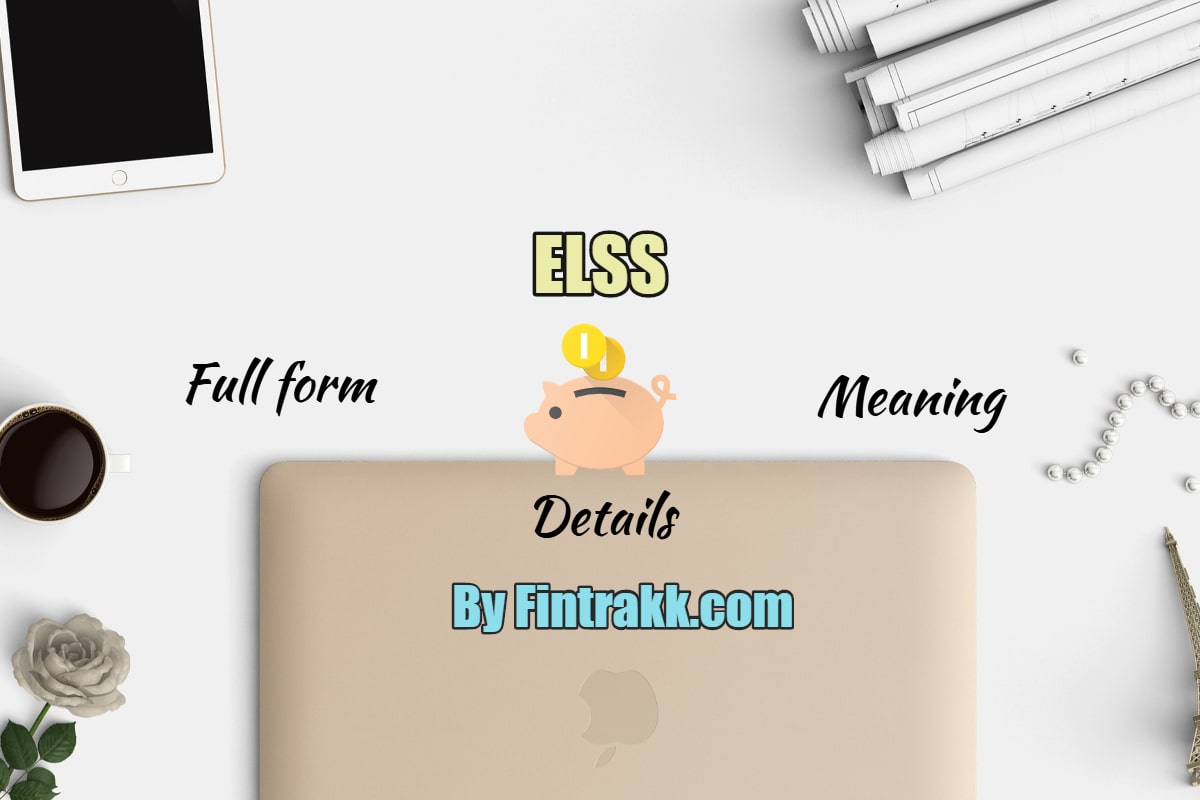The full form of ELSS is Equity Linked Saving Schemes. ELSS scheme are basically diversified mutual fund schemes which enjoy tax benefits under Section 80C of The Income tax Act. They are a great savings instrument to grow your money faster than fixed deposits or PFs.
These schemes are called Equity linked as the mutual fund schemes invest in majority equities. Most of the ELSS( Equity linked saving schemes ) are diversified mutual fund schemes which mean they invest across all classes of the equity of large-cap, mid-cap, and small caps.
ELSS schemes are also called tax saving mutual funds because they are eligible for section 80C benefits as well.
What do you think of ELSS? Is it a good investment option? You can share your views on the same.
The maximum tax deduction of 80C is Rs.1.5 lakhs only. So, if one invests in PPF, ELSS both the total amount that can be claimed including both these investment options can’t exceed Rs.1.5 lakhs. This seems a bit less to me. If this limit is raised, we can save more taxes.
You may also like to read comparison of ELSS vs. PPF vs. ULIP
Moreover, the overall tax benefit on ELSS seems to have reduced since this is an equity linked saving scheme. With re-introduction of tax on equity, LTCG shall be applicable @10% on equity mutual funds above Rs.1 lakh that too without any indexation benefit. Hasn’t this reduced the attractive tax benefit that ELSS gave earlier?
ELSS or Equity Linked Saving Scheme is definitely a good investment option to go with as per my viewpoint.
ELSS or Equity Linked Saving Scheme: Benefits
Here are some benefits and points that must be considered while putting your money in these tax saving funds:
1. Amount eligible for Tax deduction:
When you invest in ELSS, the amount qualifies for tax deduction under section 80C of The Income Tax Act.
2. Shorter Lock-in Period:
There is a not so long lock-in period of 3 years in ELSS. A kind of short mandatory holding period as compared to investments like PPF, NPS etc.
3. Analyse Your Risk Profile:
However, you should invest in ELSS only if your risk appetite allows you to do so. This means, if you have the can bear risk to invest in equity, then only go for ELSS. No doubt, ELSS i.e. Equity Linked Scheme can offer superior returns.
But, equity can be volatile in a short term of 3 years. Since ELSS funds invest in stocks. So, you need to be careful.
ELSS: Is it Worth Investing?
If planned wisely, ELSS can prove to be a good investment instrument thereby contributing to a solid financial portfolio. Now, this is what I think. What about you, any investing ideas to add here? Are my views on Equity Linked Saving Scheme worth considering? Do let me know.
ELSS is Equity Linked Saving Scheme which is typically tax-saving mutual funds. In terms of structure, and functioning, an ELSS is exactly like an equity-oriented mutual fund scheme.
However, unlike a typical diversified or multi-cap fund, it provides tax benefits under section 80C of the Income Tax Act.
ELSS funds have a lock-in period of 3 years. Suppose if you invest a particular amount on September 1, 2019, then the amount can be redeemed on September 1, 2022.
Also, investing in ELSS opens up the possibility of earning superior returns as compared to other tax-saving instruments like fixed deposits and government small savings schemes. I have named few of the best ELSS mutual funds below:
- SBI Tax Advantage Fund – Series II – GrowthELSS
- Kotak Tax Saver Scheme – Direct Plan – GrowthELSS
- Axis Long Term Equity Fund – GrowthELSS
- Invesco India Tax Plan
- Tata India Tax Savings Fund
Apart from saving taxes, investing in ELSS Fund can be a good diversification to your portfolio. An ELSS fund can provide you an impressive return ranging from 15-18%. But, of course mutual funds are subject to market risk. So, you must be careful while investing.
ELSS used to be a tax free long term investment previously, that was its biggest highlight. But, now it is not so. Am I right in saying so? What do you think?

